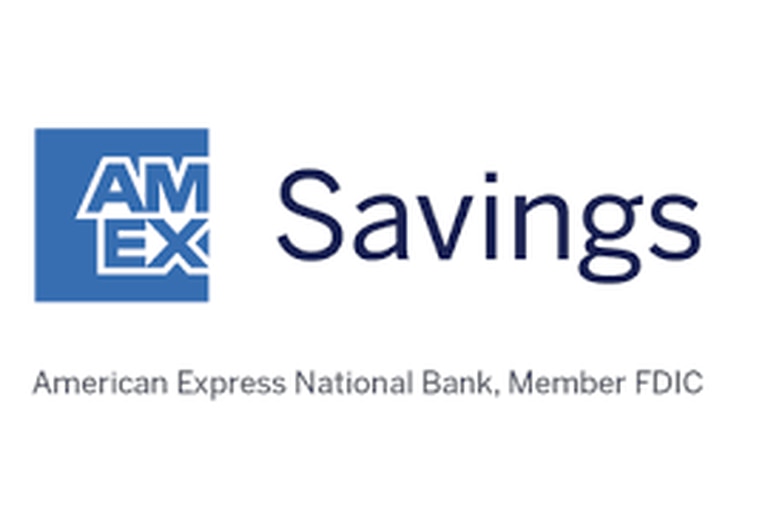When you walk into the bank, it’s hard not to notice the display notifying customers that the bank is FDIC insured. Despite people’s familiarity with the notice, there are many misconceptions about what FDIC insurance actually entails. We will help clear up these misunderstandings and show you how to easily maximize your FDIC insurance coverage.
Some people think that all of the money they deposit into the bank, regardless of account type, is completely covered. Others mistakenly believe that they can make deposits at separate branches of the same bank and have total FDIC coverage.
Common Misconceptions
Often, people think that the FDIC insures every financial product that a bank offers. This is also not the case. Banks offer annuities, mutual funds, life insurance policies, stocks, and bonds. These products are not FDIC insured, even if they are under your $250,000 limit. Though the bank is required to inform its customers that such financial products are not FDIC insured, many customers glaze over this fact or don’t really know what it implies.
Ways to Maximize Your Coverage
Though navigating the FDIC insurance rules can be tricky at times, there are still ways to ensure your money is backed by the FDIC. Since the FDIC insurance limit of $250,000 is per ownership category at each bank, you can easily maximize your coverage in one of two ways.
First, you can deposit your money at different banks. By spreading your money out among distinct banks, you can have well over $250,000 deposited in the bank and still feel secure knowing that the full amount is covered. You can be certain that the banks are different entities by confirming the FDIC certificate number, which is unique to each bank.

If you’re looking to get started w/ a particular bank, I recommend having a look at American Express National Bank – Member FDIC. The American Express® High Yield Savings Account currently offers a 3.30% Annual Percentage Yield (as of 12/22/22) and requires no minimum deposit to open an account and the minimum to earn APY is $1. 3.30% APY isn’t going to make you rich, but it will work to make you more money, while ensuring your money is always protected.
Secondly, you can open accounts in different ownership categories at the same bank to maximize your FDIC insurance coverage. Each ownership category is separately insured for $250,000 per person. Therefore, a person can have:
- A personal account with $250,000
- A corporate account with $250,000
- A trust account with $250,000
- A joint account with his/her spouse for $500,000 ($250,000 for each person)
All of these accounts can be opened at the same bank and the individual will be completely insured with the FDIC for $1,000,000. In order for two people with a joint account to each be insured for $250,000, both people must have equal and complete access to the account. Otherwise, only the principal account holder will be insured for $250,000. Understanding these FDIC insurance policies will help you ensure that your bank deposits are insured to the maximum possible extent.
If you would like to diversify the banks you currently use for depositing and investments, have a look at our best online banks page.
Related: Best Joint Bank Accounts
Best Online Banks — Short Reviews
| Online Bank | Savings APY |
|---|---|
| Chime | 0.50% Annual Percentage Yield (APY) 1- 8x2 the national average! |
| Citi® Accelerate Savings | 0.50% |
| CIT Bank MMA | 0.55% APY ($100 minimum deposit required) |
| American Express National Bank Member FDIC | 3.30% |
| HSBC Direct | 0.15% |
| LendingClub Rewards Checking | 0.05% APY on balances up to $2,499.99; 0.60% APY on balances of $2,500 and up on High-yield Savings. |
| Discover Bank | 0.50% |
| Barclays Bank | 0.55% |
| FNBO Direct | 0.35% |
Chime Disclosure - Chime is a financial technology company, not a bank. Banking services and debit card provided by The Bancorp Bank, N.A. or Stride Bank, N.A.; Members FDIC.
1Chime cannot guarantee when files are sent by the IRS and funds can be made available.
^Early access to direct deposit funds depends on the timing of the submission of the payment file from the payer. We generally make these funds available on the day the payment file is received, which may be up to 2 days earlier than the scheduled payment date.








